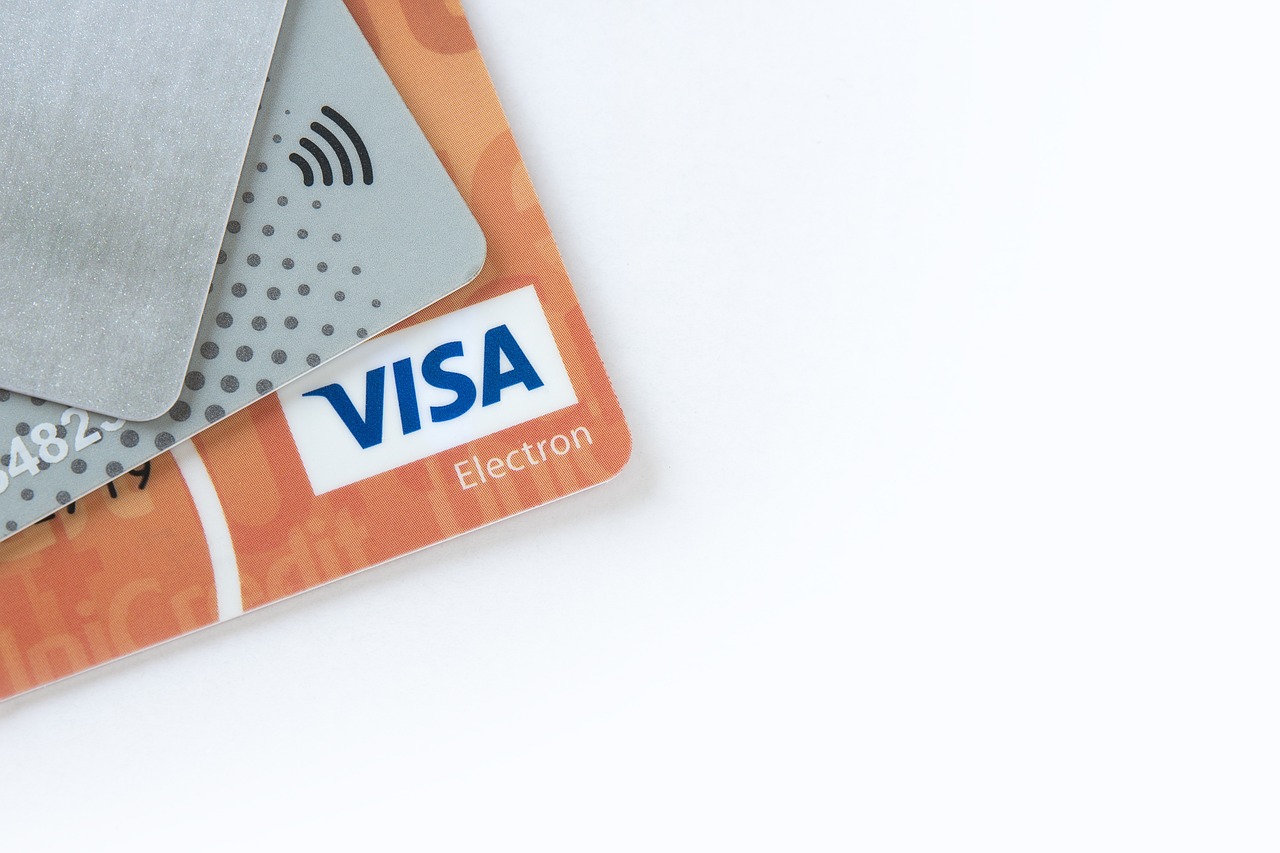Visa has supported a partnership by Huobi and Solaris to allow their European users to make payments from their crypto account using Visa-backed debit cards.
Creating diverse payment options (with both fiat and digital currencies) as Blockchain innovations evolve has become part of the mission of many financial institutions. Visa, a trusted leader in the digital payment industry, is also part of this vision.
More About The Debit Card
Crypto exchange Huobi recently announced a new partnership project with European Financial services provider Solaris. The partnership would launch a debit card powered by Visa to allow users to initiate crypto-to-fiat currency payments.
Users within the European Economic Area (EEA) will have access to the debit card in Q2 of 2023. The EEA includes all the countries that make up the European Union.
Andrea Ramiono, chief strategy officer at Solaris, commented on the partnership. He said the development is the first step in the Solaris Huobi partnership, hinting at the possibility of more innovations from their collaboration. This development marks a milestone in Huobi’s efforts to make virtual assets accessible to everyone.
The Huobi Visa card is not the first in the EU. In 2020, Binance launched a Visa-backed crypto-to-fiat card that allows European residents to withdraw funds from their Binance wallets.
Visa has supported many crypto innovations and pioneered several crypto-fiat gap-bridging projects. For example, on October 22, Visa partnered with Blockchian.com to offer a crypto debit card to U.S. residents.
Visa also collaborated with ZELF, a fintech company, to launch an anonymous debit card with a crypto recharge like Huobi. The debit card allows users to open a USD-based checking account with only their names, email, and phone number.
Visa Proposes Self-Custodial Wallet For Automated Crypto Payments
Via a blog post on December 20, 2022, Visa proposed a new crypto solution. The project would allow service providers to pull funds from users’ Ethereum wallets without constant manual authorizations on every transaction. It is synonymous with recurring subscription billings in the traditional banking industry, where users can authorize monthly auto-billing on some services like Netflix.
According to Visa, automated recurring payments in crypto would be possible via a new self-custodial wallet called “delegable accounts.” The self-custodial wallet would base on the Account Abstraction (AA) concept. Users can transfer funds automatically from their self-custodial wallet account at recurring intervals by setting up a programmable payment instruction.
The AA-based self-custody wallets would allow user account functions like smart contracts. It implies that individuals can schedule transactions without needing authorization each time.
In 2015, Vitalik Buterin, Ethereum’s cofounder, proposed this concept to allow ETH-based wallets and smart contracts to combine into one account. The post noted that “AA” was part of many Ethereum Improvement Proposals in previous years. But it failed due to implementation difficulties, such as the need to meet several protocol changes and security guarantees.
According to the Visa team, it is easier to integrate the auto-payment system through wallets hosted on third parties like crypto exchanges. However, the risk involved is that users have to trust their funds in the care of those third parties. Considering the experience with bankrupt exchange FTX and others, entrusting funds to third parties has proven risky.
The Visa team confirmed that the delegable accounts pilots on a private chain from StarkNet, a layer-2 scaling solution, were successful. With the success rate of Visa’s previous crypto payment projects, we can only expect more innovations in the future.



